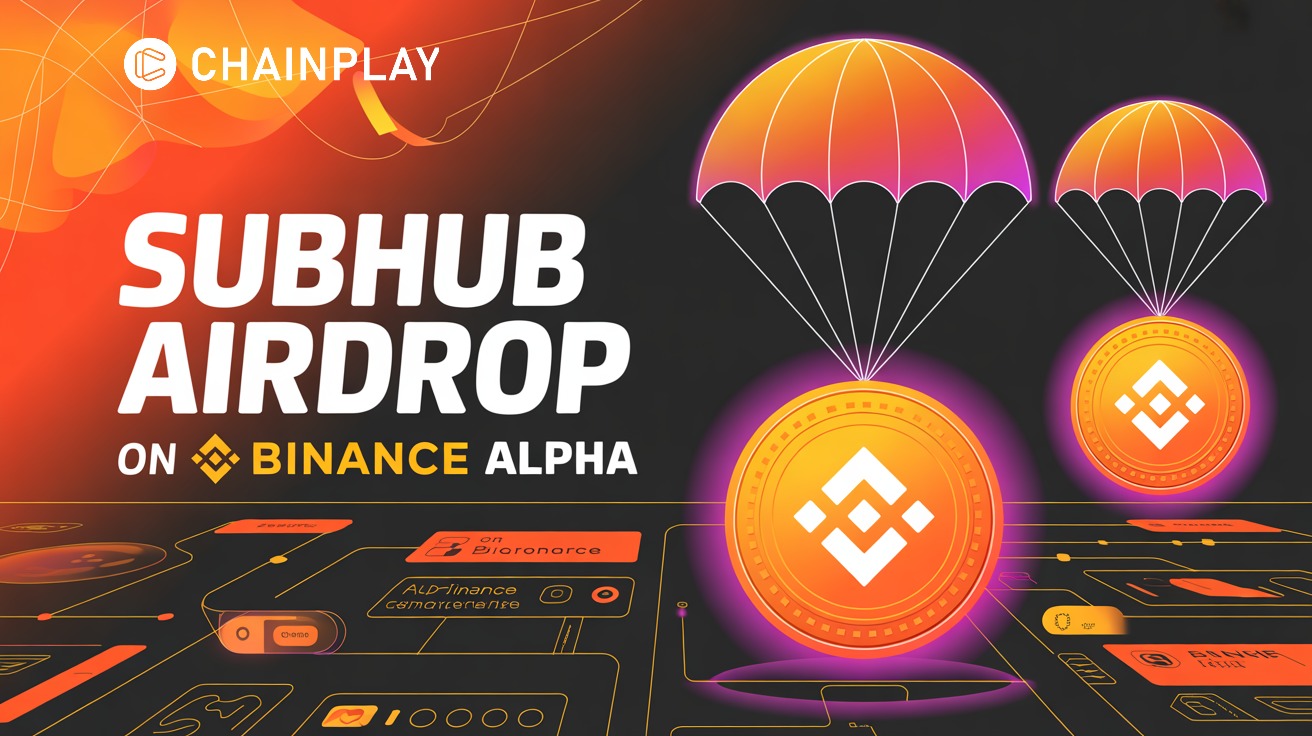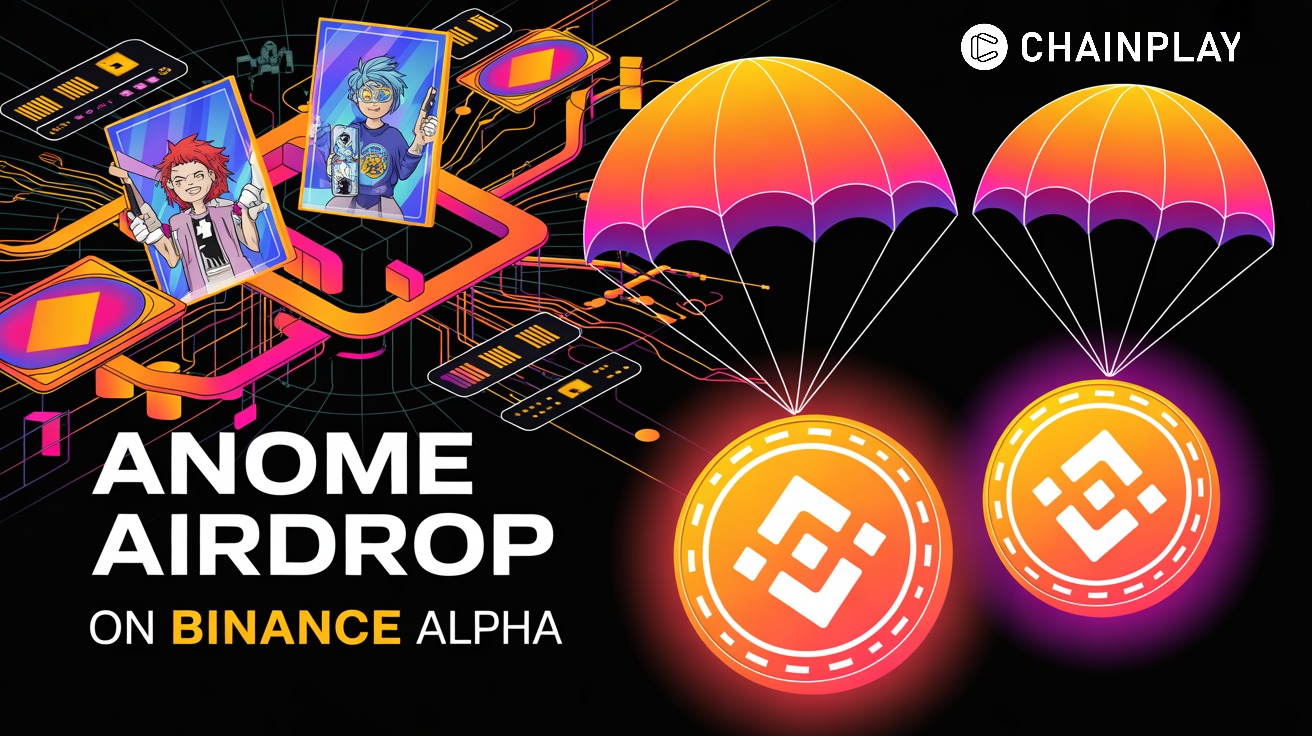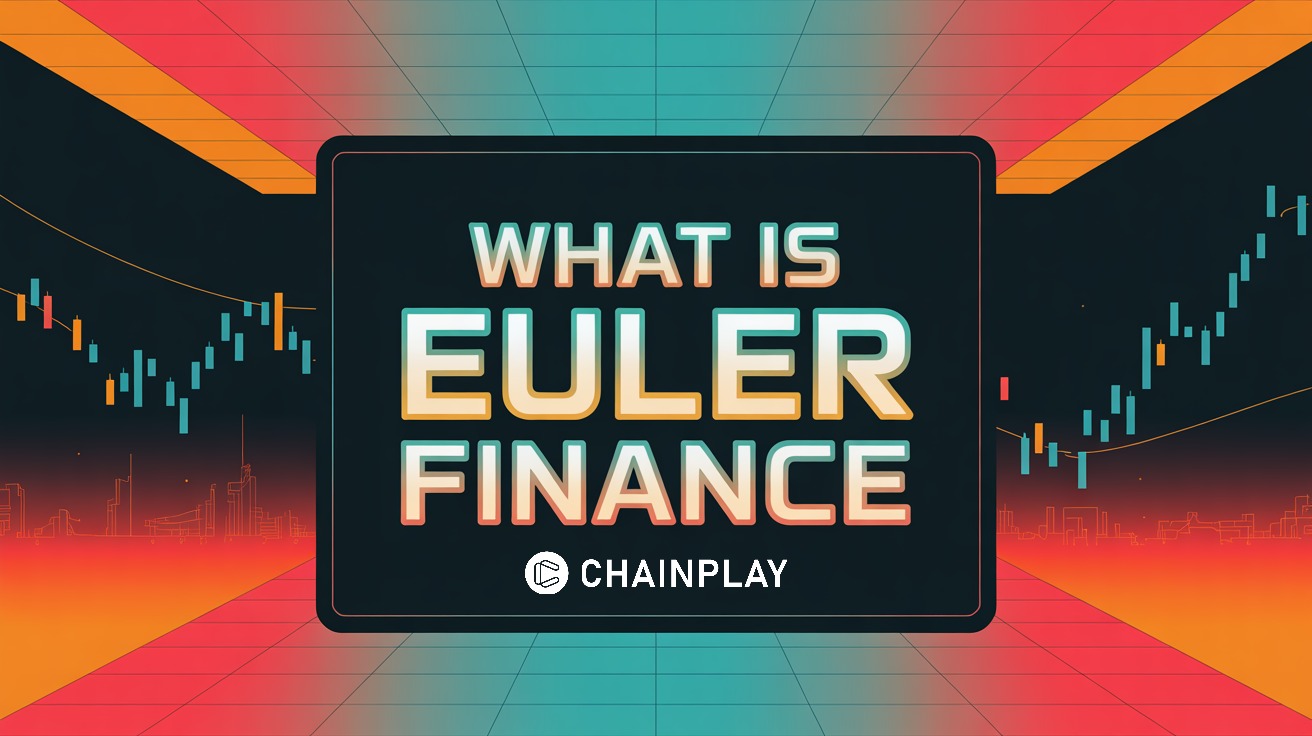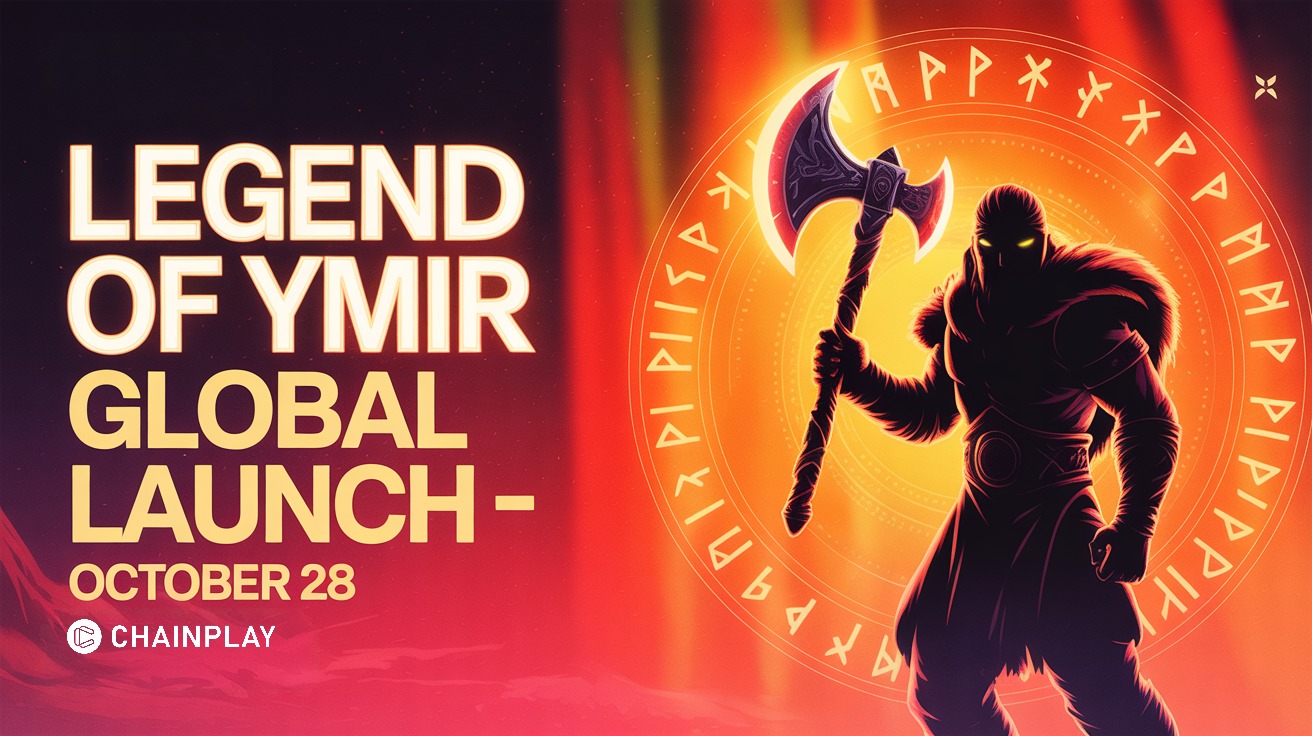News
Understanding the Economics of In-Game Assets
ChainPlay
•
6 months ago
Share :

The virtual universe of online gaming has expanded into an advanced economic model, with virtual goods like cosmetic skins, weapon improvements, and in-game currencies reporting billions of dollars in annual revenue. The items, which were initially basic visual improvements, have evolved into the primary monetization target for game developers, transforming player involvement and expenditure behaviors. As platforms continue to blur the lines between entertainment and commerce, there has been increased ethical concern and regulatory scrutiny, particularly against practices mimicking mainstream gambling.
Crossovers with Internet Casinos
Whereas games take on V-Bucks or G-Coins, internet casinos utilize credits or chips in an attempt to estrange players from real-currency wagers. Internet multiplayer and casino both incubate social cultures based on status. Either in unique skins or VIP poker.
Both verticals walk thin legal lines. For instance, developers of "sweepstake casinos" (a model combining free-to-play games with real-money payouts) must comply with gaming law as they entertain users.
The popularity of platforms offering a list of sweepstake casinos emphasizes the intersection, as users want to play in regulated environments similar to trusted gaming marketplaces.
Monetization Models Ranging From Cosmetics to Virtual Economies
Modern games leverage sophisticated monetization models to monetize virtual goods:
Games like Fortnite and Counter-Strike: Global Offensive (CS:GO) profit from "skins"—cosmetic items that alter the look of a character. These items, traded through portals like Steam Marketplace, generally carry real-world worth depending on demand and rarity. For instance, CS:GO knives are being sold for thousands of dollars in rare cases.
Games such as Genshin's Impact use randomized rewards ("gacha") to invite spending. Users spend virtual cash (e.g., "Primogems") on chances to unlock rare characters, creating a lucrative feedback cycle.
Seasonal battle passes, seen in Fortnite, offer ranked rewards for a fixed fee, inviting repeat purchasing while keeping the user involved.
These strategies play on psychological hooks like scarcity and social competition, making virtual commodities with real economic impact.
Microtransactions and Player Behavior
Microtransactions, or tiny in-game purchases, have made the gaming spending regular. In a 2024 study, it was found that more digitally literate university students make appropriate purchase decisions, while less literate individuals get tricked into impulse buying based on social pressure or emotional attachment. For example, limited-time promotions or comparison with other players forces individuals to buy unique skins without any gameplay value.
But this model has ethical implications. Loot boxes, randomized packs of virtual goods, have been likened to gambling because they involve chance. In 2023, researchers pointed to the need for ethical solutions to resist manipulative design strategies, such as obscuring real-world costs or taking advantage of cognitive biases.
Ethical Concerns in Virtual Economies
The ethical concerns of virtual commodities are multifaceted:
- Gambling Parallels: Third-party gambling for in-game items, where in-game items are bet on third-party websites, is a casino parallel. Valve's CS:GO skins, for instance, have fueled a $5 billion underground gambling industry despite Valve's disapproval of such practices.
- Underage Exposure: The teenage market, the most crucial gaming demographic, is most vulnerable to exploitative monetization. The European and North American regulatory agencies have begun treating loot boxes as a gambling industry, and numerous lawsuits have ensued against game developers.
- Financial Transparency: The actual cost of virtual items is often concealed in most games. As an example, Genshin Impact's gacha system insists on players shelling out hundreds of dollars to get a particular rare character for sure.
Regulatory Responses and Future Trends
Governments increasingly scrutinize virtual economies. Loot boxes have been banned in Belgium and the Netherlands, while probability disclosures are required in the UK. Blockchain technology, on the other hand, offers potential solutions, including NFTs for verifiable ownership and decentralized markets.
Future developments will include:
- Reinforced Transparency: Mandatory odds disclosure of randomized purchases.
- Age Verification Tools: More rigorous controls that inhibit minors from falling prey to gambling-like systems.
- Cross-Platform Economies: Interoperability of virtual goods across games, akin to virtual property in Decentraland.
The financialization of virtual assets has revolutionized gaming, providing opportunities for developers and gamers. But its resemblance to unregulated markets necessitates precautionary measures. While regulators grapple to classify digital assets and keep exploitative activities in check, the sector is faced with a choice: maximize short-term profit or invest in long-term, moral frameworks. The future hinges on collaboration among developers, regulators, and communities to ensure virtual economies serve—rather than exploit—their participants.
Share this article
#Other
Latest News

Binance Announces Alpha Launch and Exclusive Airdrop
15 hours ago

Anome (ANOME) To Launch on Binance Alpha on October
16 hours ago

What Is Euler Finance? Project, Token, Airdrop, Roadmap
yesterday

Oh Baby Kart 2.0 Update: Biggest Patch with New Features
2 days ago

Legend of YMIR Pre-Launch Events & Partner Server Info
2 days ago
Related articles

Learn about Euler Finance, a DeFi lending protocol on Ethereum with modular vaults, advanced security, and the EUL token for decentralized governance.
ChainPlay
•
yesterday

Anome, a GameFi and NFTFi project building a platform for NFT derivative issuance and lending, is scheduled to launch on Binance Alpha on October 17, 2025. Binance will host an exclusive airdrop to celebrate the launch. Learn how to participate.
ChainPlay
•
16 hours ago

Binance Alpha is set to launch SubHub ($SUBHUB) with an exclusive airdrop on October 17th. SubHub is a Web3 communication and marketing tool. Eligible users can claim their free $SUBHUB tokens using Binance Alpha Points.
ChainPlay
•
15 hours ago



